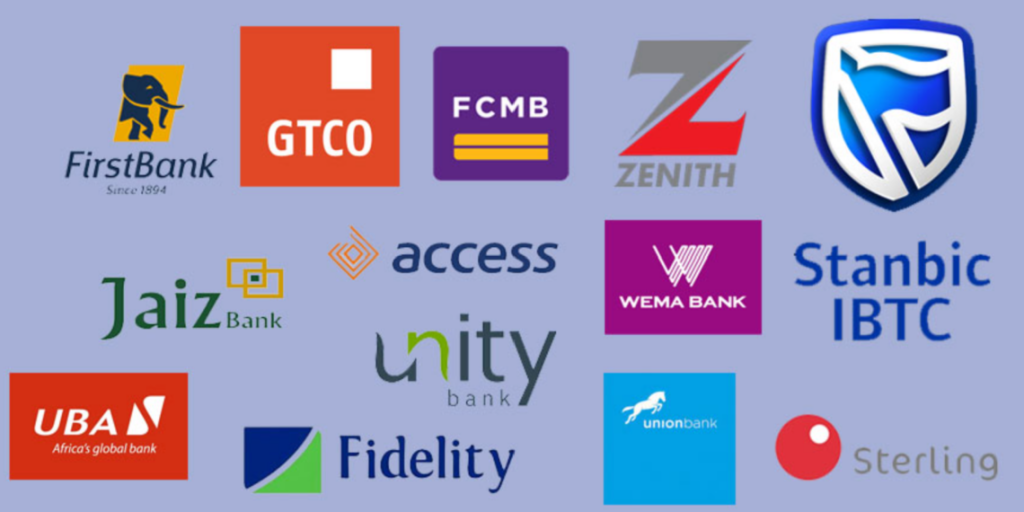
By David Akinmola
The number of bank account holders linked with Bank Verification Numbers (BVNs) in the country has increased to 66.2 million as of July 2025, according to the latest data released by the Nigeria Inter-Bank Settlement System (NIBSS).
The figure reflects a steady rise in enrollment, highlighting ongoing efforts by financial institutions and regulators to strengthen identity verification and curb fraud in the financial system.
The BVN, introduced by the Central Bank of Nigeria (CBN) in collaboration with the Bankers’ Committee in 2014, serves as a unique identifier for each customer across the banking ecosystem. It has become a cornerstone of Nigeria’s financial inclusion and-anti-fraud initiatives, enabling more secure and transparent transactions.
According to NIBSS, the surge in BVN enrollment is tied to increasing mobile and digital banking adoption, the expansion of agency banking, and tighter enforcement of know Your Customer (KYC) rules by banks. The system now links millions of savings, current, and domiciliary accounts to verified biometric data.
Industry experts say the milestone is a positive development for the financial sector. “A growing BVN database not only boosts consumer confidence but also helps bank reduce exposure to identify-related fraud,” said Adebayo Adeleke, a fintech consultant. “It is also essential for delivering personalized financial services and driving digital lending.”
Despite the growth, analysts note that the number still falls short of Nigeria’s estimated adult population, signaling a gap in financial inclusion. As of July 2025, the country’s adult population is estimated to be over 110 million, meaning nearly 40 per cent eligible individuals still lack a BVN.
Stakeholders have called for more aggressive BVN enrollment campaigns, especially in rural and under banked regions, to capture unregistered account holders and accelerate the government’s financial inclusion targets.
In line with this, the CBN has been working with commercial banks, mobile money operators, and fintechs to expand biometric registration points and simplify on boarding processes for informal sector partipants.
With the recent push toward a fully digitalized economy and the growth of e-payment channels, the BVN system is expected to remain a critical part of Nigeria’s financial infrastructure, supporting regulatory oversight and fostering trust in the banking system.






